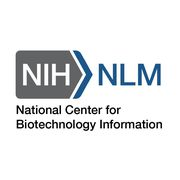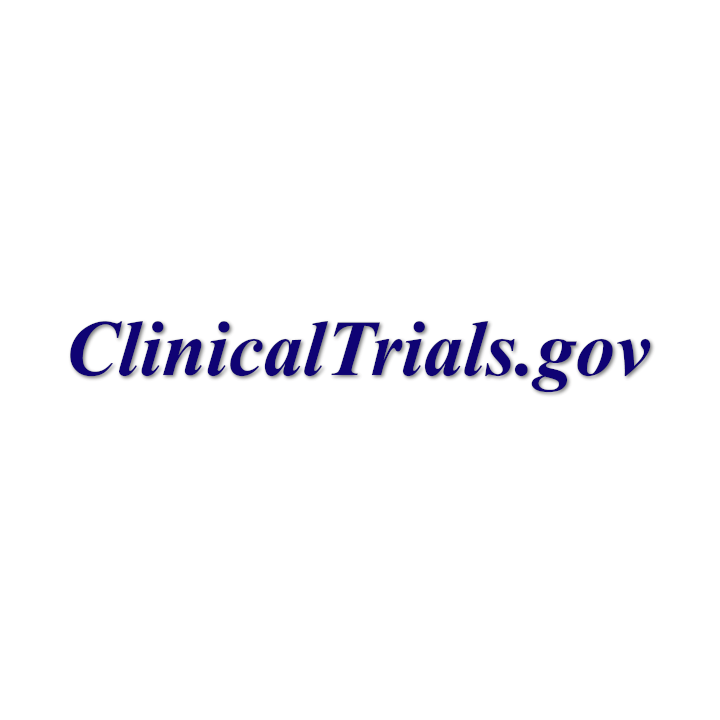The Future of Weight Loss: Ascletis' ASC47 and Tezspire's Breakthrough in Nasal Polyps
November 9, 2024, 1:56 am

Location: United States, Maryland, Bethesda
Employees: 501-1000
Founded date: 1988
In the ever-evolving landscape of pharmaceuticals, two recent studies shine a light on innovative treatments that could reshape how we approach obesity and chronic rhinosinusitis with nasal polyps. Ascletis Pharma's ASC47 and AstraZeneca's Tezspire are not just names; they represent hope for millions battling these conditions.
Ascletis Pharma has made waves with its first-in-class weight loss drug, ASC47. This muscle-preserving treatment is designed to tackle obesity without sacrificing muscle mass. In a Phase I study conducted in Australia, ASC47 demonstrated a remarkable half-life of 21 days. This means patients could potentially benefit from a once-monthly injection, a game-changer in the world of obesity treatments.
The data is compelling. In preclinical studies using diet-induced obese (DIO) mice, ASC47 outperformed established drugs like semaglutide and tirzepatide. While both competitors reduced fat mass, ASC47 did so more effectively, achieving a staggering 68% reduction in fat mass compared to tirzepatide's 50%. Even more impressive, ASC47 increased muscle mass by 8.1%, while its competitors led to muscle loss. This dual action—reducing fat while preserving muscle—sets ASC47 apart.
The mechanism behind ASC47's success lies in its targeted delivery to adipose tissue. This precision allows for higher drug concentrations where they are needed most. The drug works through uncoupling protein 1 (UCP-1)-mediated thermogenesis, a process that burns fat while sparing muscle. This targeted approach could revolutionize obesity treatment, making it not just about weight loss, but about healthier body composition.
As Ascletis moves forward with additional Phase I studies, the anticipation builds. The next phase will focus on patients with obesity, and results are expected in early 2025. The potential for ASC47 to change the narrative around obesity treatment is palpable.
On another front, AstraZeneca's Tezspire has made significant strides in treating chronic rhinosinusitis with nasal polyps (CRSwNP). The Phase III WAYPOINT trial results are in, and they are promising. Tezspire met its co-primary endpoints, showing a significant reduction in nasal polyp size and nasal congestion compared to placebo.
Chronic rhinosinusitis with nasal polyps is a debilitating condition. It can disrupt daily life, affecting smell, taste, and sleep. Current treatments often fall short, leaving patients with few options. Tezspire, a human monoclonal antibody, targets thymic stromal lymphopoietin (TSLP), a key player in the inflammatory process. By blocking TSLP, Tezspire addresses the root cause of inflammation, offering a new avenue for relief.
The trial was rigorous, involving a randomized, double-blind design. Participants had severe CRSwNP and were symptomatic despite standard treatments. The results indicate that Tezspire could significantly improve quality of life for these patients. The safety profile was consistent with previous studies, reinforcing confidence in its use.
Tezspire is already approved for severe asthma, and its success in treating CRSwNP could expand its reach. The implications are vast. Patients suffering from nasal polyps often endure repeat surgeries and high doses of corticosteroids, which come with serious side effects. Tezspire offers a glimmer of hope, potentially reducing the burden on both patients and healthcare systems.
Both ASC47 and Tezspire exemplify the shift towards targeted therapies in medicine. They highlight a growing understanding of the importance of precision in treatment. For obesity, it’s not just about losing weight; it’s about maintaining muscle and improving overall health. For nasal polyps, it’s about addressing inflammation at its source, providing relief where it’s needed most.
As we look to the future, these advancements signal a new era in treatment options. The landscape of obesity and chronic rhinosinusitis is changing. Patients can hope for more effective, safer, and less invasive treatments.
In conclusion, Ascletis' ASC47 and AstraZeneca's Tezspire are not just pharmaceutical products; they are beacons of hope. They represent the relentless pursuit of better health outcomes. As clinical trials progress and data emerges, the potential for these drugs to transform lives becomes increasingly tangible. The future of weight loss and nasal polyp treatment is bright, and we are just beginning to see the dawn.
Ascletis Pharma has made waves with its first-in-class weight loss drug, ASC47. This muscle-preserving treatment is designed to tackle obesity without sacrificing muscle mass. In a Phase I study conducted in Australia, ASC47 demonstrated a remarkable half-life of 21 days. This means patients could potentially benefit from a once-monthly injection, a game-changer in the world of obesity treatments.
The data is compelling. In preclinical studies using diet-induced obese (DIO) mice, ASC47 outperformed established drugs like semaglutide and tirzepatide. While both competitors reduced fat mass, ASC47 did so more effectively, achieving a staggering 68% reduction in fat mass compared to tirzepatide's 50%. Even more impressive, ASC47 increased muscle mass by 8.1%, while its competitors led to muscle loss. This dual action—reducing fat while preserving muscle—sets ASC47 apart.
The mechanism behind ASC47's success lies in its targeted delivery to adipose tissue. This precision allows for higher drug concentrations where they are needed most. The drug works through uncoupling protein 1 (UCP-1)-mediated thermogenesis, a process that burns fat while sparing muscle. This targeted approach could revolutionize obesity treatment, making it not just about weight loss, but about healthier body composition.
As Ascletis moves forward with additional Phase I studies, the anticipation builds. The next phase will focus on patients with obesity, and results are expected in early 2025. The potential for ASC47 to change the narrative around obesity treatment is palpable.
On another front, AstraZeneca's Tezspire has made significant strides in treating chronic rhinosinusitis with nasal polyps (CRSwNP). The Phase III WAYPOINT trial results are in, and they are promising. Tezspire met its co-primary endpoints, showing a significant reduction in nasal polyp size and nasal congestion compared to placebo.
Chronic rhinosinusitis with nasal polyps is a debilitating condition. It can disrupt daily life, affecting smell, taste, and sleep. Current treatments often fall short, leaving patients with few options. Tezspire, a human monoclonal antibody, targets thymic stromal lymphopoietin (TSLP), a key player in the inflammatory process. By blocking TSLP, Tezspire addresses the root cause of inflammation, offering a new avenue for relief.
The trial was rigorous, involving a randomized, double-blind design. Participants had severe CRSwNP and were symptomatic despite standard treatments. The results indicate that Tezspire could significantly improve quality of life for these patients. The safety profile was consistent with previous studies, reinforcing confidence in its use.
Tezspire is already approved for severe asthma, and its success in treating CRSwNP could expand its reach. The implications are vast. Patients suffering from nasal polyps often endure repeat surgeries and high doses of corticosteroids, which come with serious side effects. Tezspire offers a glimmer of hope, potentially reducing the burden on both patients and healthcare systems.
Both ASC47 and Tezspire exemplify the shift towards targeted therapies in medicine. They highlight a growing understanding of the importance of precision in treatment. For obesity, it’s not just about losing weight; it’s about maintaining muscle and improving overall health. For nasal polyps, it’s about addressing inflammation at its source, providing relief where it’s needed most.
As we look to the future, these advancements signal a new era in treatment options. The landscape of obesity and chronic rhinosinusitis is changing. Patients can hope for more effective, safer, and less invasive treatments.
In conclusion, Ascletis' ASC47 and AstraZeneca's Tezspire are not just pharmaceutical products; they are beacons of hope. They represent the relentless pursuit of better health outcomes. As clinical trials progress and data emerges, the potential for these drugs to transform lives becomes increasingly tangible. The future of weight loss and nasal polyp treatment is bright, and we are just beginning to see the dawn.
